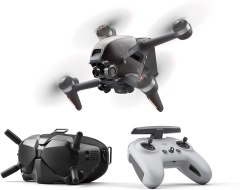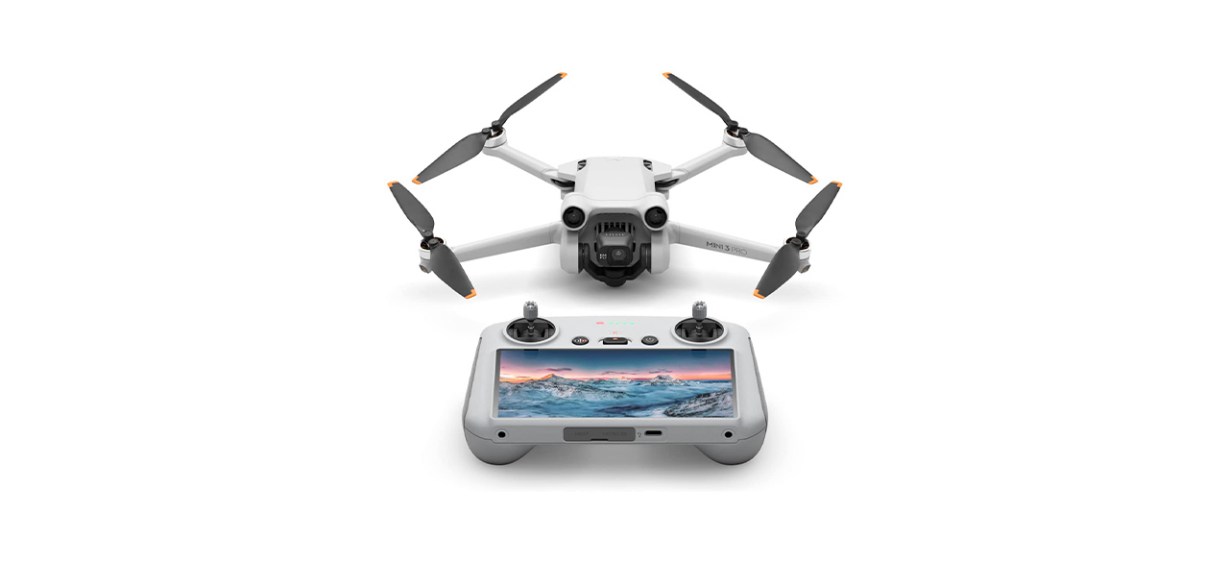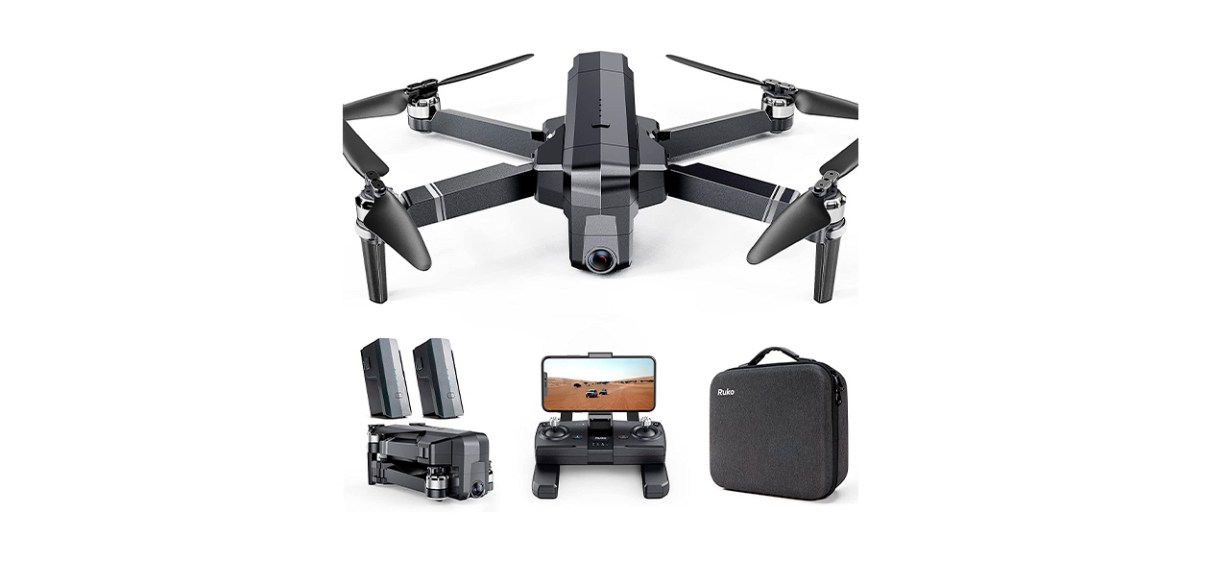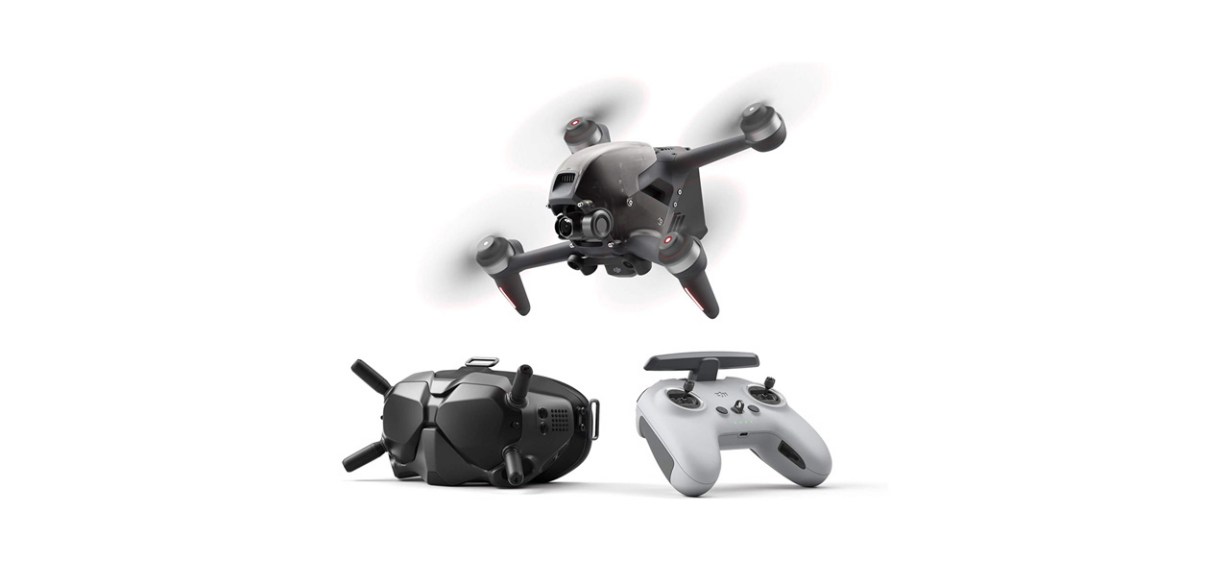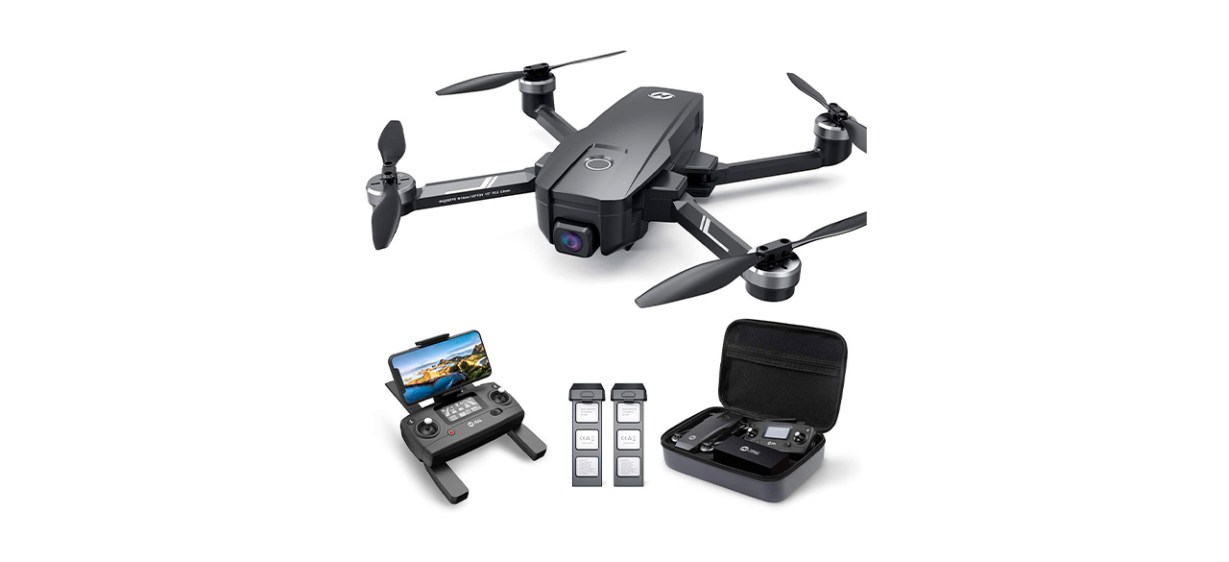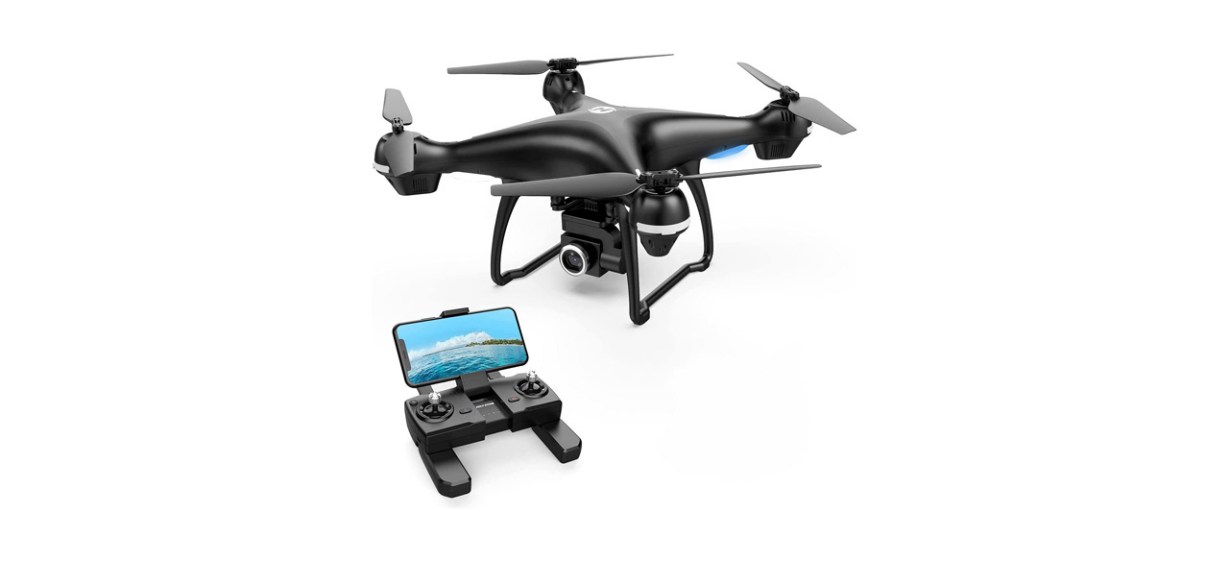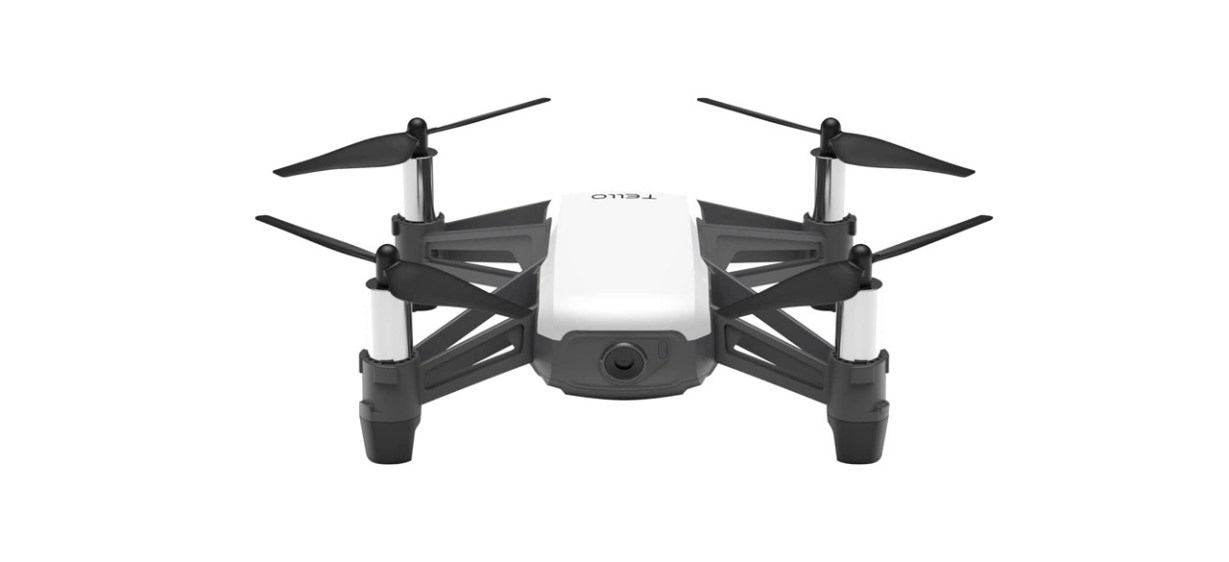Buying guide for Best drones
Drones come in many forms, but the quadcopter is the most popular recreational design. It’s used for aerial photography, racing or just flying for fun. Drones range from entry-level models you can fly quickly and easily to sophisticated machines that take stabilized 4K video or stream a first-person view directly to a wearable pair of goggles, putting you in the “cockpit” of the drone itself.
Some drones include a controller with a built-in screen for seeing through the camera in real time or a connection for a smartphone. Others include a traditional remote control with no live video function. Still others can be controlled entirely with an app.
Even at the budget level, many drones have safety features like automatically returning when the battery runs low or detecting nearby obstacles during flight. High-end models can have a range of up to 9 miles and often allow for precise control.
We tested the setup time and flight features of one of the most popular drones, the DJI Mini 3 Pro. After researching major brands and models, our experts identified the top drones based on price, ease of use and features.
Best drones
The DJI Mini 3 Pro is a compact, easy-to-control drone that gives an excellent introduction to the hobby. It’s lightweight and nimble in the air, and the controller and obstacle detection work reliably.
With 4K 60 frames-per-second (fps) video and 48-megapixel photo capabilities, beginner aerial photographers can capture nature scenes, cityscapes, or sports. Because the DJI Mini 3 Pro uses a controller rather than a smartphone app, footage is stored in the drone itself. Its 1.2 gigabytes of storage can be expanded with an SD card.
The battery lasts 34 minutes, which is enough time for a couple of flying sessions. At under 250 grams, it does not exceed the Federal Aviation Administration’s weight limit and does not need to be registered. The lack of video delay allows you to react quickly to obstacles, and the large built-in display eliminates the need to pair your phone.
This inexpensive 4K camera drone can withstand weather others can’t and boasts a 30-minute flight time (60 minutes when you combine both batteries). In the box are the drone, a controller with a phone mount, two batteries, and other tools for regular maintenance (like replacing the rotors).
The obstacle detection reliably picks up even small objects, and together with the sturdy aluminum frame, it’s a safe choice for beginner drone pilots. The second battery allows you to swap them out, giving you hours of flight time. You can adjust the angle of the camera, positioning the drone at different heights to capture footage, and the Follow Me and Hand Gesture Shots help you film and shoot on the go.
For the price, this is a reliable beginner drone with many of the features found on more expensive models.
For those curious about drone racing or who want to capture dynamic footage, this first-person-view drone includes goggles and a controller for a seamless flying experience. The controller responds to your movements, so those who are unfamiliar with drone flight controls can intuitively guide the flight path.
Designed with racing in mind, the combination of obstacle detection, an emergency brake, and a 6-mile range equip this drone for a variety of courses. A 150-degree field-of-view camera captures impressive footage and helps you see the surroundings of the drone as you navigate. With level 6 wind resistance (which means it can handle winds blowing at 25 to 31 miles per hour) and an aerodynamic design to maximize speed, it’s both easy to control and well-tuned for competitive racing.
Those who are just getting started will find this to be an intuitive drone they can grow into and continue using at a competitive level.
This short-range drone comes with several accessories, including an extra battery and a carrying case, making it a worthy DJI alternative for those learning to pilot a drone.
When the battery reaches a certain level, the Return Home feature brings the drone back to you so you don’t have to worry about running out of power when it’s far away. Combined, the batteries offer 46 minutes of flight, and the efficient brushless motor is quieter than most, allowing you to capture events without disruption. Popular flight features like Follow Me and image stabilization are included, and you can choose between 4K video at 30 fps or 1080p video at 60 fps. The latter works well for capturing slow-motion footage.
The controller is easy to get used to, and the HS720E’s display shows information like remaining battery and signal strength.
Less expensive than the HS720E, this drone is designed to capture footage while on the move with its two-axis gimbal and variety of hands-free features. In addition to Follow Me and Smart Return Home, it can follow a route of your design or orbit a point of interest.
Thanks to the brushless motor, the drone operates quietly so you can give it a command and let it capture a scene while you enjoy the moment. The return home and GPS tracking features offer peace of mind to those worried about losing their investment.
If high-quality aerial photography for a low price is what you want, this popular choice produces impressive footage in bright or dim lighting. The box includes a carrying case, controller, and screwdriver for replacing rotors.
Few racing drones cost under $200. This one is popular not only for its low price but also for its heavy, wind-resistant body, which makes it well-suited to racing through gates in open areas.
After assembly, this drone can be in the air as soon as the batteries are charged and the drone is calibrated. The 2K video is clear enough for navigating tight spaces or capturing footage. It can be controlled with the included controller and a smartphone or with (separately purchased) first-person-view goggles.
Common safety features like Return to Home and GPS tracking ensure you don’t lose your drone on the course. The landing gear can be removed for a lower profile to fit through narrow gaps. The plastic body is durable, and the low price means you stress less about a crash.
Unlike the majority of drones that require a mobile data connection or a WiFi signal, this low-priced drone relies on Bluetooth to control it through a phone app. You can also use a video game controller connected to your phone.
Despite the low cost, the build quality is durable and lightweight: At 2.82 ounces, it is well below the FAA guidelines requiring drone registration. The front-positioned camera is akin to a racing drone, allowing you to clearly gauge the distance of obstacles as you navigate. The 13-minute battery can be fully charged in a little over an hour with the included micro USB cord.
Built with DJI components, this is a high-quality drone at a low cost for anyone who wants to experiment with quadcopters. It’s also intuitive enough for kids to use.
The price and impressive durability of this little drone make it one of the best options for children as young as 14. The drone is small and lightweight enough to fly indoors without risk of breaking anything, and kids can pick up the simple controls quickly. Because it’s offered in different colors, you might decide to purchase multiple drones for kids who don’t like to share.
Three speed modes allow you to adapt for indoor or outdoor flight, and they make the learning process even easier. It includes three batteries, so you can easily swap out a dead one and charge it while you fly. The unique “headless mode” allows you to operate the drone relative to your position rather than to the drone itself, which can help your or your kids become accustomed to the drone’s movement. Propeller guards prevent the drone from scratching your walls or furniture.
How we tested
After researching a variety of drones for their flight time, controls, and video quality, we picked our eight favorites above and tested the DJI Mini Pro 3 ourselves to understand its ease of use and performance.
Ease of use
- Setup: We followed the included guide, which walks through setup steps clearly, though it still took an hour from opening the box to liftoff.
- Controls: Compared to using an app or attaching your smartphone to a controller, the controller that came with the Mini Pro 3 is straightforward after a bit of experimentation. The large built-in screen makes for easy navigation.
- Battery life: We explored whether consistently shooting video with it would drain the battery quicker and how long it took to charge.
Photo and video quality
- Mid-flight quality: We flew the drone both nearby and at a greater distance and found no video lag when it was close by.
- Capture quality: This isn’t a drone for professional videography, but it will meet the needs of anyone looking to capture videos of outdoor activities or take pictures of a large group of people or a scenic view.
Features
- Obstacle sensing: We tested it to see how successful it was at avoiding common obstacles, such as walls and trees.
FAQ
Q. What are the different types of drones?
A. Drones vary in takeoff ability and their number of rotors. That said, most non-professional drones are multi-rotor models with four blades that can take off vertically. These can be further divided into racing drones, photography drones, and recreational drones. Knowing how you plan to use a drone before you buy will help you narrow your search.
Q. What can drones be used for?
A. Drones can be used for recreational activities like racing or simply enjoying the thrill of flying and exploring. They can also be used for aerial photography and surveillance. Drones can capture perspectives that would otherwise be impossible, and models with a follow-flight feature can track you while you ski, bike, or perform other outdoor sports.
Q. What is the range of drones?
A. Most drones have a range of a couple of miles. Some high-end models can reach up to 9 miles. However, you should always keep your drone within eyesight. If you are using a first-person-view drone, have someone else watch the drone.
Q. Where am I not allowed to fly drones?
A. National parks, airports, and places with large gatherings of people (like stadiums) are all off limits. You can learn more about flying drones in the United States on the FAA’s guidelines page.
Q. Do I need a pilot license to fly a drone?
A. No, but you do need a Remote Pilot Certificate if you plan to fly in the U.S. Steps and information on how to obtain a certificate can be found on the FAA’s website.




